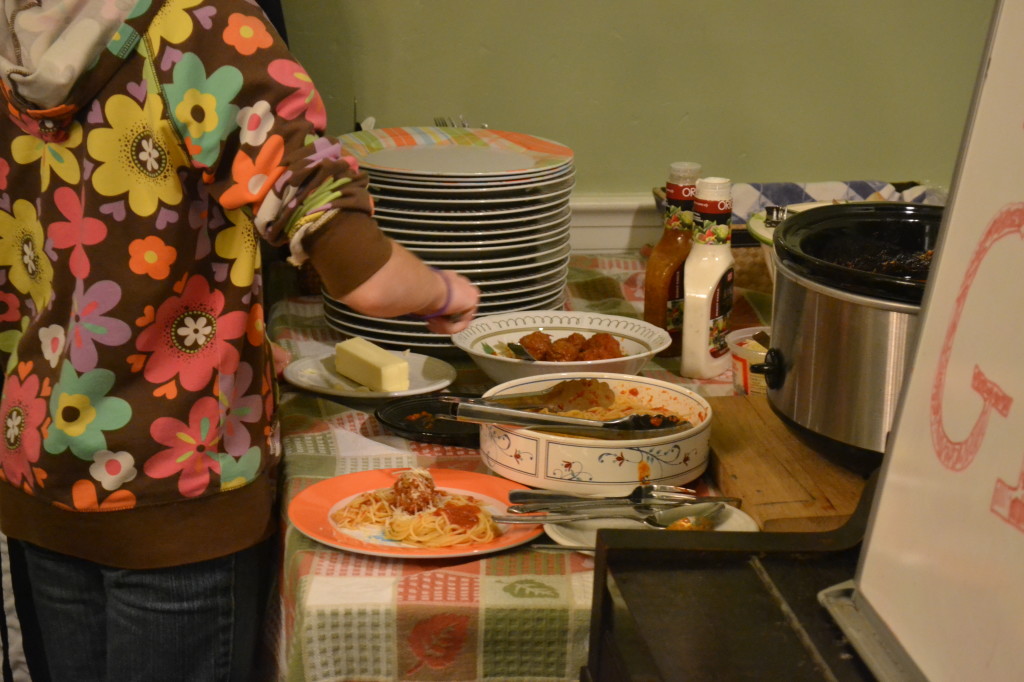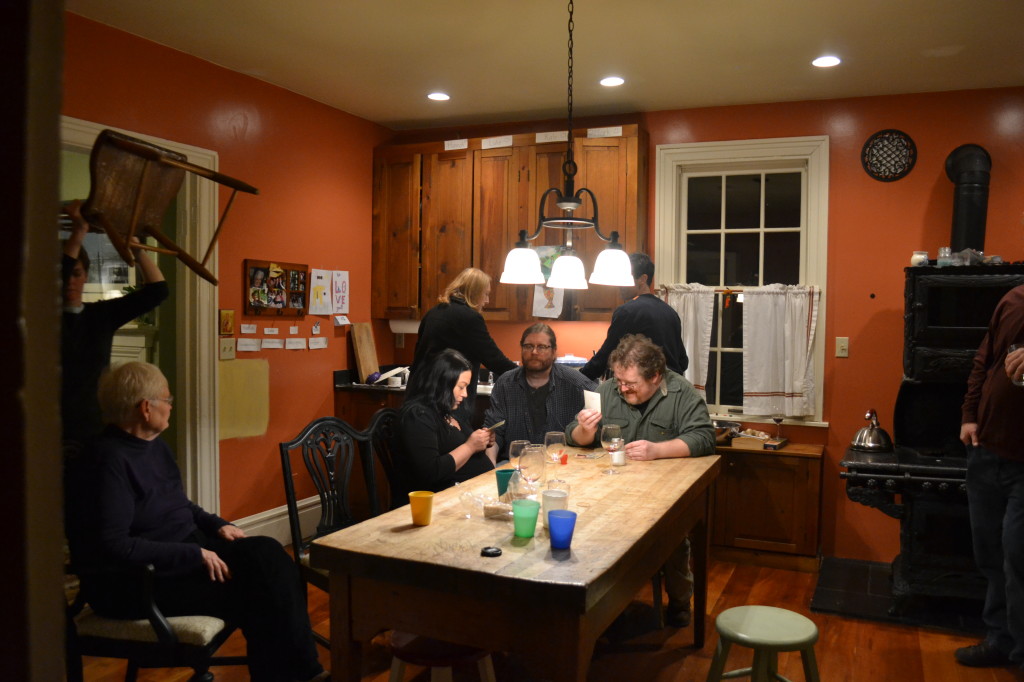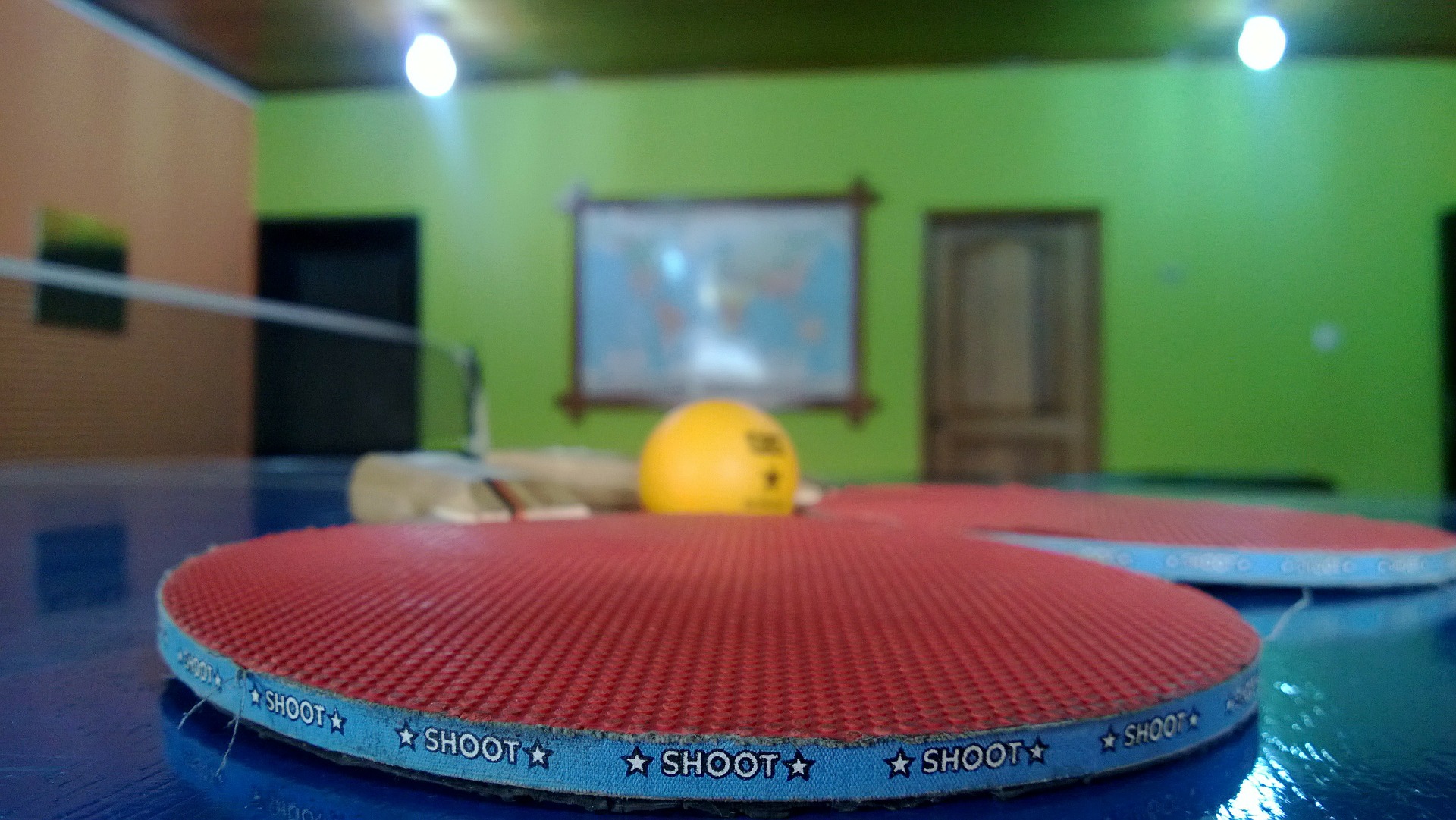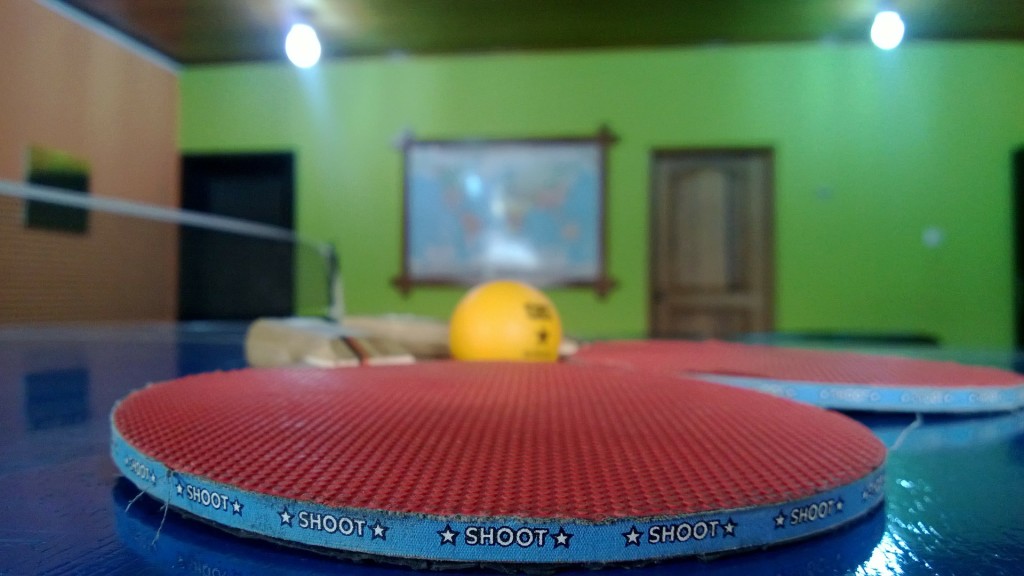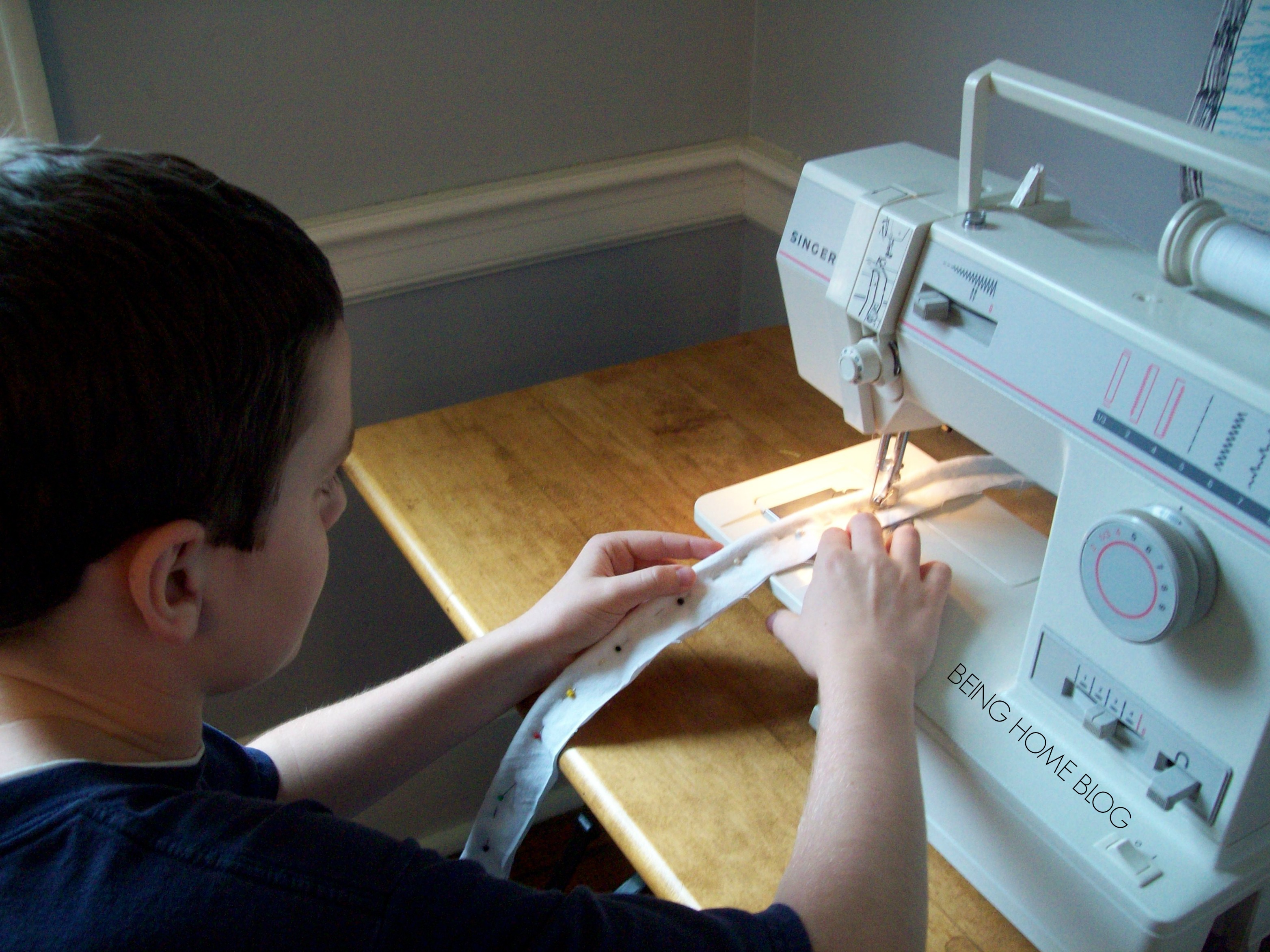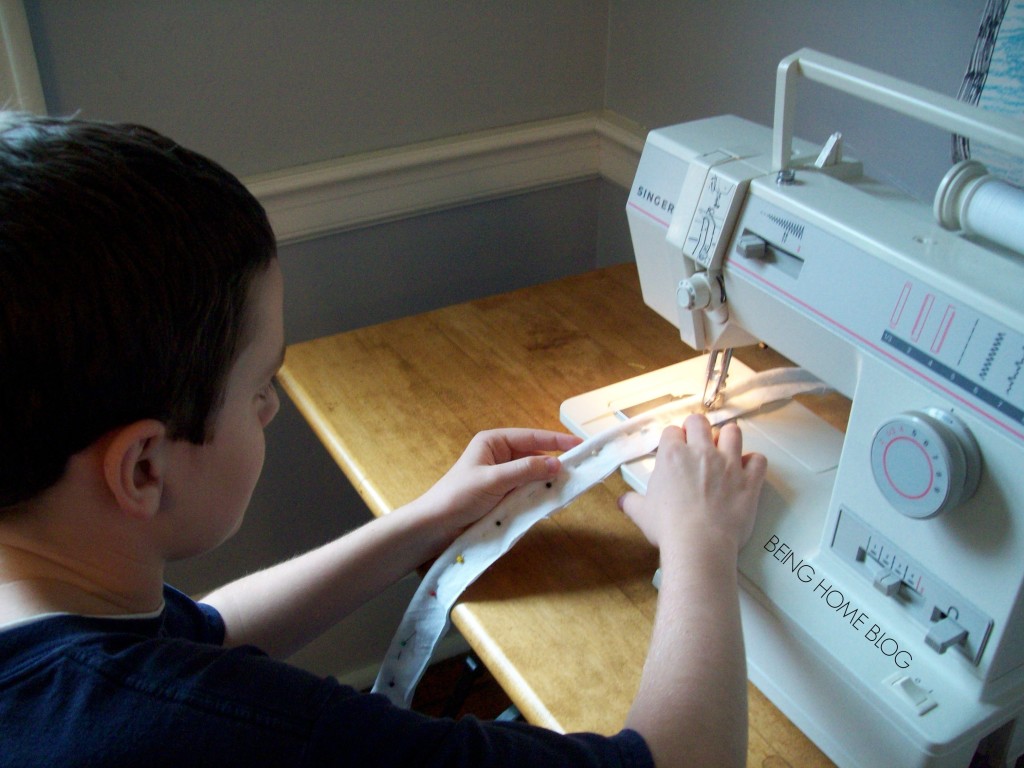First, let me just say, aside from taking place mostly at home, there is not much similarity and in my opinion, no comparison between cyber charter school and traditional homeschooling.
By “traditional homeschool” I’m referring to planning your own curriculum, lessons, schedule and goals for the year. For the first year in more than 10 years of homeschooling, all of my children are enrolled in a cyber charter school.
Hannah decided not to go back to the performing arts charter school she attended for 2 years because the 3 hour commute each day left her no time to pursue other interests-even her art (ironic, isn’t it? She had to leave the art school so she could create art).
So, here we are after about 9 weeks of cyber school for everybody. We didn’t have as steep a learning curve technically as we did last year. While there have been technical issues, we’ve dealt with them pretty well.
Since I oversee Mark’s classes most closely, I’ll give you my impressions.
Originally, Mark was scheduled for 4 “virtual classes”, Science, Math, Language Arts and Social Studies. Virtual classes meet at a scheduled time and each of his were M-F. The idea of him sitting in a chair staring at a screen for 4 hours every day really bothered me so I was able to convince him to switch to a self-paced Social Studies class before the first day of school. After less than 2 weeks of a virtual math class, I also switched him to a self-paced format because I felt that they wasted a lot of time. His lessons for the entire semester are available and he progresses through them, basically one lesson a day. That’s the goal anyway.
He really enjoys the virtual class format, where a teacher and “white board” is visible and there’s a chat box where the students can ask questions or participate when asked. A student can also write on the white board when the teacher gives rights to do so.
Here’s a screenshot of one of his class recordings:
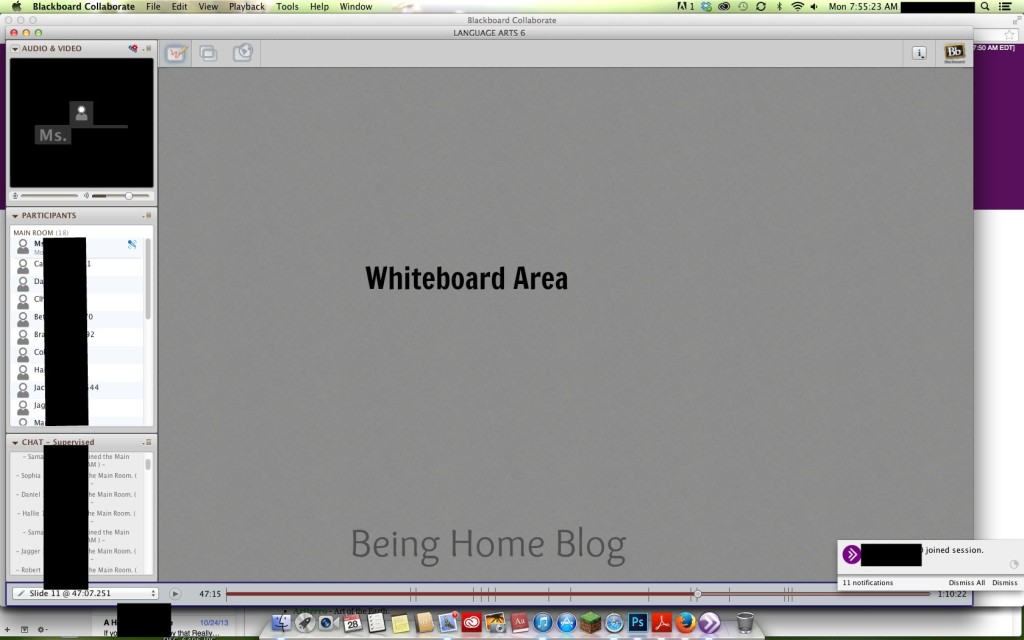
Screenshot of one of Mark’s virtual classes
Nearly every day in each of his virtual classes, teachers put the kids in smaller groups called “break out rooms” where they’re supposed to complete a worksheet or problem together. I understand the whole “cooperative learning” principle but honestly, I think these are a huge time waster and they’re often misused. In the beginning, the kids weren’t sure how to progress and Mark got frustrated and anxious trying to participate. As the year has progressed, Mark is proving to be a leader taking charge in break-outs. He prefers not to work with other boys because he claims that they usually don’t know what to do. When he gets the chance, he’ll request to work with a girl in class who he knows will work fairly and equally. I still think teachers use them to fill time.
I was getting frustrated with Mark’s math class. In the first 3 or so days, the teacher went over about 5-7 problems in each class period. Mark did a lot of waiting and watching. He didn’t mind but I couldn’t bear it any more so I switched him to self-paced. He’s progressing on or ahead of pace. It’s great to be able to move quickly through the concepts that he already knows or picks up easily rather than waiting for the teacher or other students.
Overall, I’m not impressed with this way of “learning”. I don’t think it’s unique to cyber schooling. I think public schools use the same methods. (Read a couple of pages of text, answer the questions..hint, hint, see that gray box? Your answer is right in there. Reword it so it isn’t plagiarism and plow through as many lessons and units as possible. Feel very good about it all because you mentioned “Inuit”, “Aztec”, “mean, median and mode”, “order of operations”, “vertebrate”, “cartilagenous” and some other stuff, design a tricky quiz just to make sure everyone caught that obscure fact and call it education).
I went to a public school and I didn’t think it was great but I think it was a little more challenging and required more independent and creative thinking. Great teachers could make a difference then. Now, everything seems to be scripted, every assignment is accompanied by a “rubric”. I understand the attempt for objectivity but there’s absolutely no room for creativity, spontaneity or innovation. Lesson, worksheet, go over worksheet, quiz, repeat.
Plagiarism is obviously a huge problem because there’s a lot of emphasis on it in the beginning and throughout the year. In my view, the way the textbooks, worksheets and quizzes are set up, it’s nearly impossible NOT to plagiarize. For example, Mark might have a question in his self-paced Social Studies class that requires a short answer. It’s obvious that it requires information directly from a specific paragraph in the book and often the information is so specific, it’s nearly impossible to reword it.
Overall, cyber school isn’t very challenging but there are a few benefits.
The biggest plus for me is the independence and outside accountability. Mark needs the most guidance but I’m expecting him to become more independent as the year goes on. For the most part, Hannah, Luke and Kate complete their assignments and classwork (if applicable) on their own. While the academics aren’t very demanding, the structure has been good for all of us.
Some of the kids have worried over the years that they would struggle with the workload or would be behind if they went to a conventional school. The experience of completing assignments on their own and keeping up with the pace has reassured them that they would do fine. Mark has to get a little more independent since he’d like to attend the public school next year, but they all feel good about meeting their teachers’ expectations and doing well.
I also appreciate how much writing they’ve had to do. They basically employ the 5 sentence paragraph method all around but it’s very effective and they’re all becoming more comfortable with writing just by being required to do it fairly regularly. Hannah’s always been a confident writer but the others have not been naturally inclined to express themselves in writing. It’s been challenging for me to require the others to write over the years. It’s an accountability issue. I’ve been happy with the amount of writing that has been required and their ability to produce quality or adequate writing.
I think one reason the 3 younger kids are so comfortable writing now, even though they haven’t done a lot of it is that we’ve read, listened to and talked about lots of books. I also had them do a fair amount of copywork and narration from the time they started school. These two simple practices are so simple to implement and are so effective in preparing kids for writing on their own. Although I haven’t been as consistent and habitual with copywork and narration as I would have liked, all the kids have done a lot of it over the years with a variety of source texts and think it’s helped.
Cyber school has offered a nice mental break for me. I won’t mind if all the kids decide to go back to a traditional type of homeschool for junior high and high school but for now, this is working for our family. Have you considered cyber school for your children? Do you even have access to it in your state? Have you ever tried it? I’d love to hear about your experience. If you have any other questions about it, feel free to leave a question in the comments.






